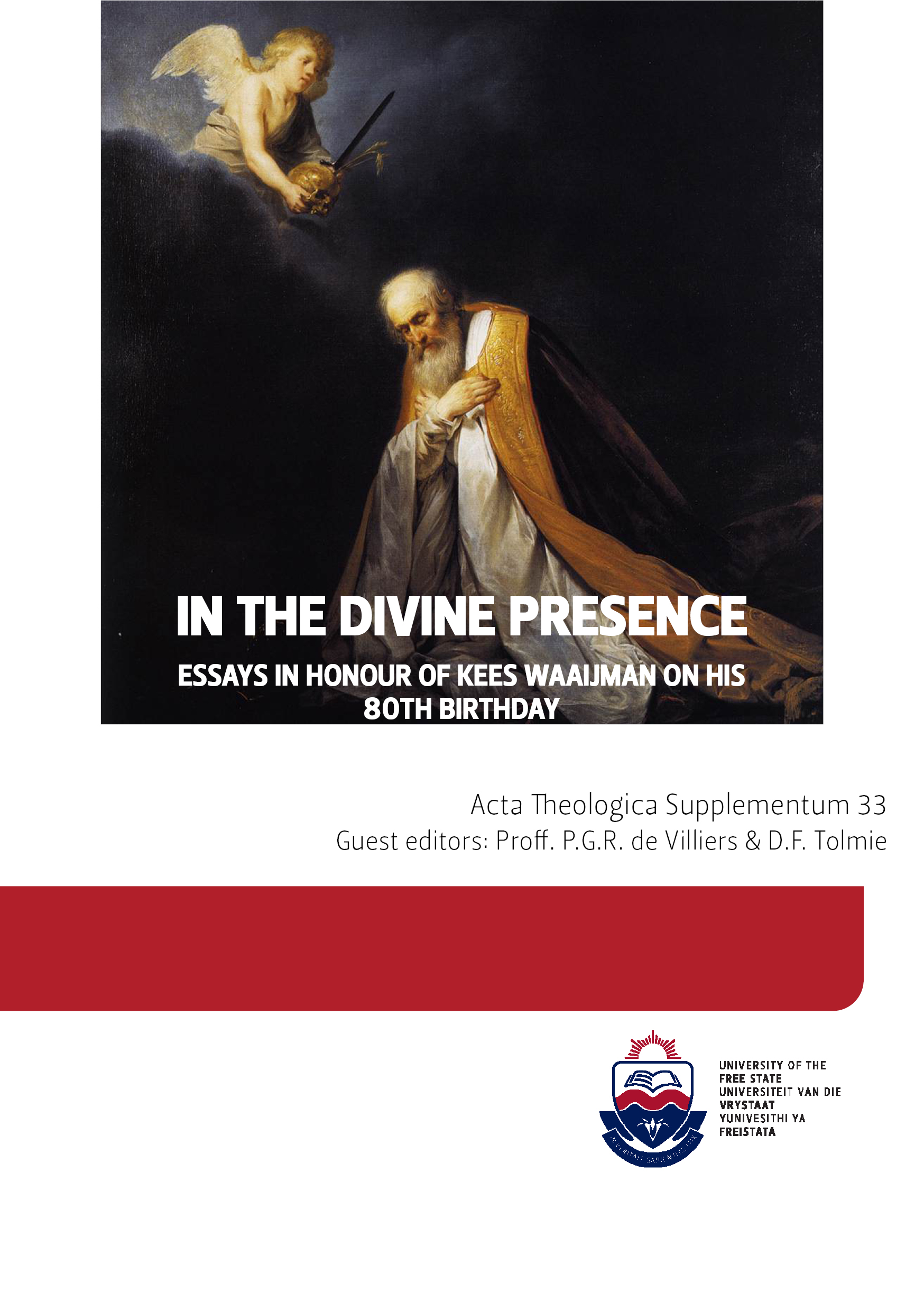Ja, goed te deunen onze machtige (Psalm 147,1): De zoektocht naar een toonzetting van de Psalmen
DOI:
https://doi.org/10.38140/at.vi.6443Keywords:
Psalms, Liturgy of the hours, Liturgical musicAbstract
This article describes the quest for a composition of the psalms. Vatican II proclaimed a wish in the constitution about liturgy. The hours of prayer had to be renewed, so that not only clergy and monastics, but also laymen would be able to join. Psalms formed the heart of these hours of prayer. After Vatican II, there was no liturgic translation in Dutch, nor any music, in order to sing it. In 1970, Kees aaijman began putting together prayer celebrations. After roughly 50 years of experimenting, a form of prayer arose in which one psalm is central: the Psalm celebration. By now, the series of 150 Psalm celebrations is nearly completed. For the past ten years, Kees Waaijman and the author have sought a composition of the psalms that does justice to both the individuality of the psalm and the praying people of God. Although initially the psalmic stanza arrangement seemed to be a guidance, this gradually appeared not to work. The music drew too much attention at the expense of praying. It is all about facilitating the saying of the psalm verse, consisting of two half verses that are separated and connected by a meditative caesura. Each half verse numbers an amount of pulse moments, mostly three. The composition must do these pulse moments justice, in order to provide the saying the optimal opportunity, causing the salm to be efficient in the prayer’s head and heart. After a search spanning 50 years, a space opened in which God and man are able to meet.
Downloads
##submission.downloads##
Published
How to Cite
Issue
Section
License
Copyright (c) 2022 Author

This work is licensed under a Creative Commons Attribution 4.0 International License.








